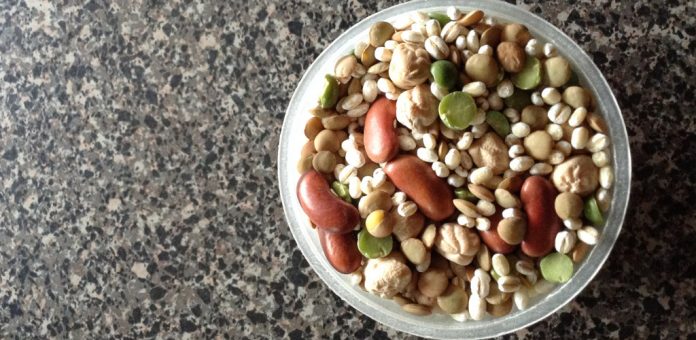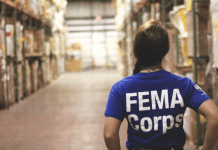I wanted to share this bean and rice survival soup recipe, because it’s an inexpensive and easy one to prep, store, and make when you’re ready to use it. Once it’s in the jar and stored, you will only need water and heat to have a hearty bowl of soup loaded with carbohydrates and proteins.
A great perk of this recipe is that it’s highly adaptable. You don’t like rice? Simply omit it. Or, you want it spicy and full of robust flavor? Add your choice of seasonings to the jar, which I will get into greater detail further down in the article.
Another way to adapt this recipe is the batch size. The first instructions I am about to share is for a large batch, which makes it appealing to preppers for survival because it makes about 270 meals for under $300. Based on a 2000-calorie per day recommendation, and assuming it’s the only available edible item in sight, it’s approximately 90 days worth of meals for one person.
I’m also going to share a much smaller batch that can be made for around $10-15, give or take a couple of dollars. The cost will depend on what you add or omit, as well as the cost of groceries in your area. I will be demonstrating the smaller batch in photos.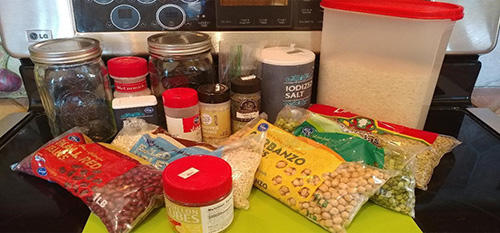

- 4 20-pound bags of white rice
- 22 1-pound bags of red kidney beans
- 22 1-pound bags of barley
- 22 1-pound bags of lentils
- 6 1-pound bags of green split peas
- 6 1-pound bags of chickpeas (Garbanzo beans)
- 30 pounds of dry bouillon (chicken, beef, or vegetable)
- Seasonings of choice (example: garlic, salt, pepper, cumin, oregano, or other dried spices and herbs)
And, the smaller batch recipe:
- 2/3 cup kidney beans
- 2 cup barley
- 1 cup lentils
- 1/4 cup green split peas
- 1/4 cup chickpeas
- 1 1/2 cup rice
- Bouillon (chicken, beef, or vegetable)
- *Seasonings of your choice
This all fits in 2 individual quart jars.
*The seasonings I chose (per quart jar) were 2 bouillon cubes, 1 teaspoon of salt, about 1 tablespoon of dried onions, about 1 tablespoon of dried celery flakes, 1 teaspoon tarragon, 1 teaspoon of black pepper, and 2 teaspoons of garlic powder. For the record, this is a relatively bland batch of seasonings. If you like spice and bold flavor, add more according to your own liking.
Now, that you have an idea what goes into it…what is the best way to store it?
Prepping For Storage
The prep is the same for both size batches, and is as follows:
#1. Mix all the beans in a large container.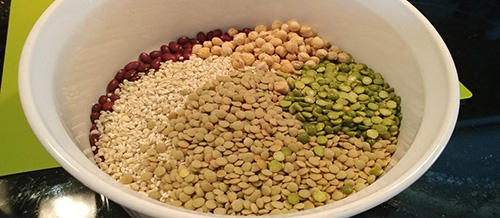

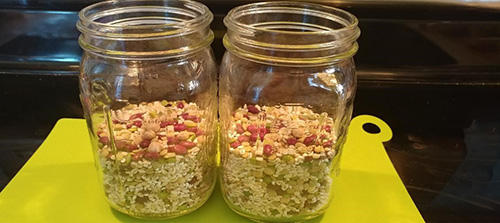

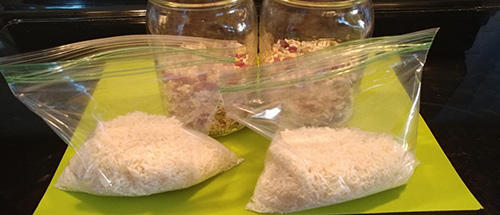

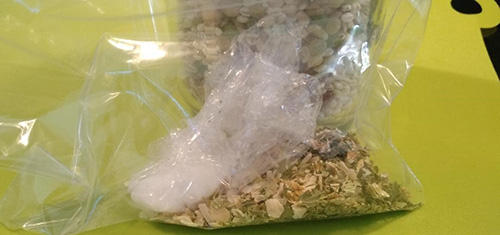

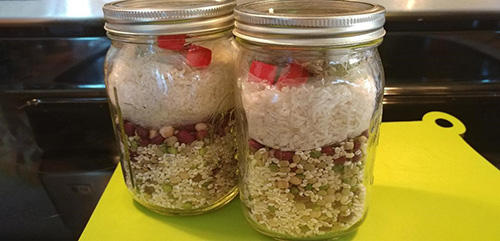

#1. Pour the water into your pot and place it on a heat source.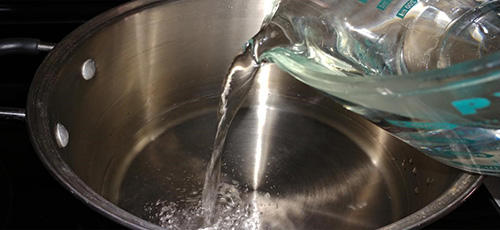

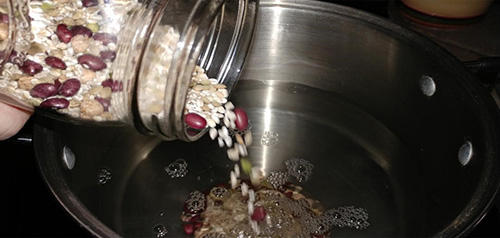

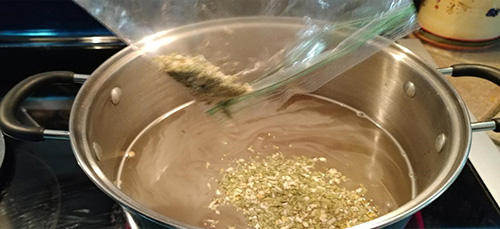

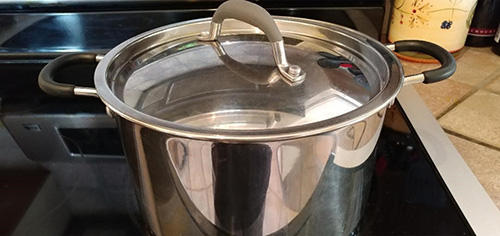

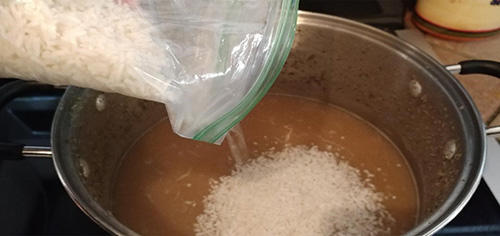

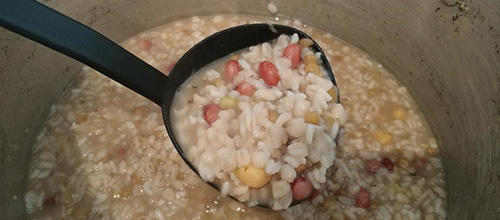

Shelf Life of the Ingredients
Keep in mind the shelf life for all ingredients that you add, such as:
- Dried beans – 10 years to indefinitely (depending who you believe)
- White rice – 4-5 years, unless vacuum sealed (then about 10 years)
- Spices – most ground, dried, or whole spices are good for 2-5 years
So, as long as you separating the dried spices from the beans and rice, the above recipes should last a minimum of 2 years, depending on the spice.
However, there is no need to toss the entire batch. After 2-5 years, just change out the seasonings and start over for the expiration date.
If you do not want to store the batches in quart jars, you can also place the batches in quart or gallon size baggies. However, critters can get through bags much easier than glass jars. So, make sure to store the bags of ingredients in an airtight storage bin.
Optional Additions to the Soup
If circumstances allow, you can always add fresh ingredients, such as meat or veggies. Personally, I like a good ham added to bean soup.
But, if you’re in survival mode, that might not be an option. So, having more seasonings in the jar will allow for more flavor to develop, and you might not even miss the meat.
And, even though it will be an abundance of bean and rice soup, altering the seasonings between the batches will give you a bit of variety, which is especially nice if you are truly in a state of survival and don’t have anything else to eat.
However, having batches of this on hand is also great for the temporary survival situations, such as a bad storm knocking your power out for a week or two. One jar, a pot, water, and a source of heat is all you need to eat inexpensively and healthy for a while.



